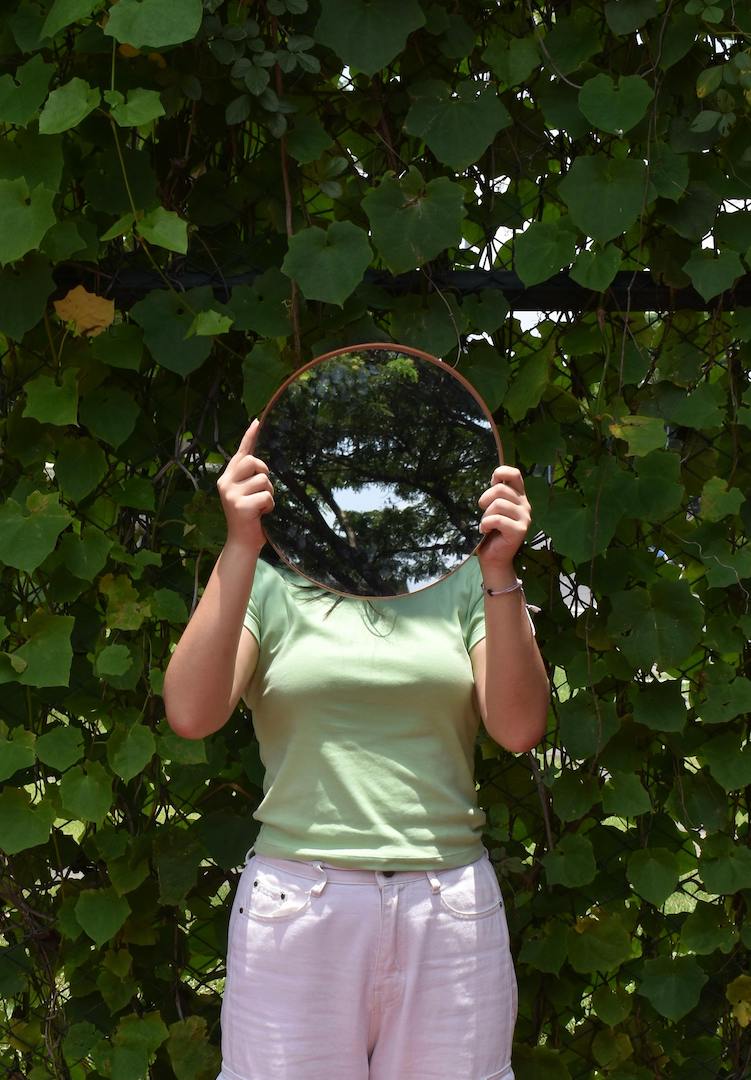The ‘two-year itch’: An Australian sex coach on how to deal with a romantic relationship lull
WORDS BY MOLLY SMITH
“You find yourselves cohabiting, sharing financial responsibilities and suddenly, life’s everyday challenges begin to surface.”
The beginning of a romantic relationship marks the start of the ‘honeymoon phase’, when our brains are pumping oxytocin (or ‘the love hormone’) on overdrive. But after the initial excitement begins to die down, it’s natural for the logistics of a long-term relationship to present some challenges.
I saw my own relationship fizzle at the two-year mark. Research has shown that after a couple of years, most people come off the new relationship high. Our happiness levels begin to even out, endorphins start to slow and many couples face what’s been called the ‘two-year itch’.
Looking for more thought-provoking reads? Try our Life section.
So how do we know when to persist past this period and when to call it off? And if faced with a breakup after two years, what’s the best way to cope? To find out, I spoke to certified Australian sex coach, Georgia Grace.
Hi Georgia. Why can relationships commonly fizzle out at the two-year mark?
Emotional connections, whether with platonic or romantic partners, undeniably hold a special place in our lives. Each person we connect with – whether a fleeting encounter, a casual romance or a deep relationship – has valuable lessons to teach us, often revealed over time.
In the initial stages of a romantic journey, there’s an abundance of sparks, intoxicating excitement and an insatiable desire to be together… However, as time progresses (especially beyond that two-year mark), the relationship takes on a more intimate and complex dimension.
You find yourselves cohabiting, sharing financial responsibilities and suddenly, life’s everyday challenges begin to surface. While many people embrace this crucial phase in long-term love – where the relationship evolves from casual to something more profound and certain – it can often be the ‘make or break’ moment for many couples.
When should we try to push past this period and make it work?
Distinguishing between chemistry and compatibility is a crucial aspect of any relationship. It involves assessing how well your lives align, considering shared goals and life perspectives and identifying common values… [But] it’s essential to maintain your independence and communicate your unique love language to achieve fulfilment in the relationship.
Recognising that differences within a relationship can either ignite conflict or create tension is key to addressing challenges constructively. Ultimately, wanting to feel loved in your specific way isn’t being overly particular. It’s about understanding what you’re willing to live with and without in a relationship.
Can you love an ex platonically?
In short, the answer is a resounding yes. It’s entirely common to transition from a long-term romantic relationship to a platonic one, especially when the separation occurs amicably, with kindness and mutual respect. In such cases, it’s entirely possible to continue loving your former partner as a dear friend or even a soulmate.
However, it’s important to acknowledge that challenges and shifts in dynamics can arise when either or both parties enter new romantic relationships. Be kind to your heart and if it’s too hard, distance has its place.
What are your thoughts on emotional celibacy after a breakup?
The aftermath of a breakup is a deeply personal journey, and it’s crucial to recognise that every individual copes with it differently. Developing a personalised toolkit to process, manage and heal is key. Some may opt for a break from all forms of romantic involvement… This response is entirely common.
Instead, they might focus on connecting with friends or engaging in self-supportive activities. On the flip side, there are those who decide to embrace a different path – seeking fun, exploration and even new connections through dating and physical intimacy.
Understanding that there’s no one-size-fits-all approach to healing after a breakup is vital. Sometimes, we make choices that don’t align with our usual behaviour, and that’s okay. It’s all part of the process of survival and coping. Embracing curiosity and compassion instead of self-judgment… is essential.
It’s important to acknowledge that casual sex may be fantastic for some but not for others, just as taking a break from emotional connections may work wonders for some while not resonating with others. The journey is never binary [and] there’s a vast spectrum in between. It’s an opportunity to unravel the inner impulsive self-saboteur and discover what truly facilitates healing and growth.
This article was originally published on September 28, 2023.
For more on coping with the ‘two-year itch’, head here.










